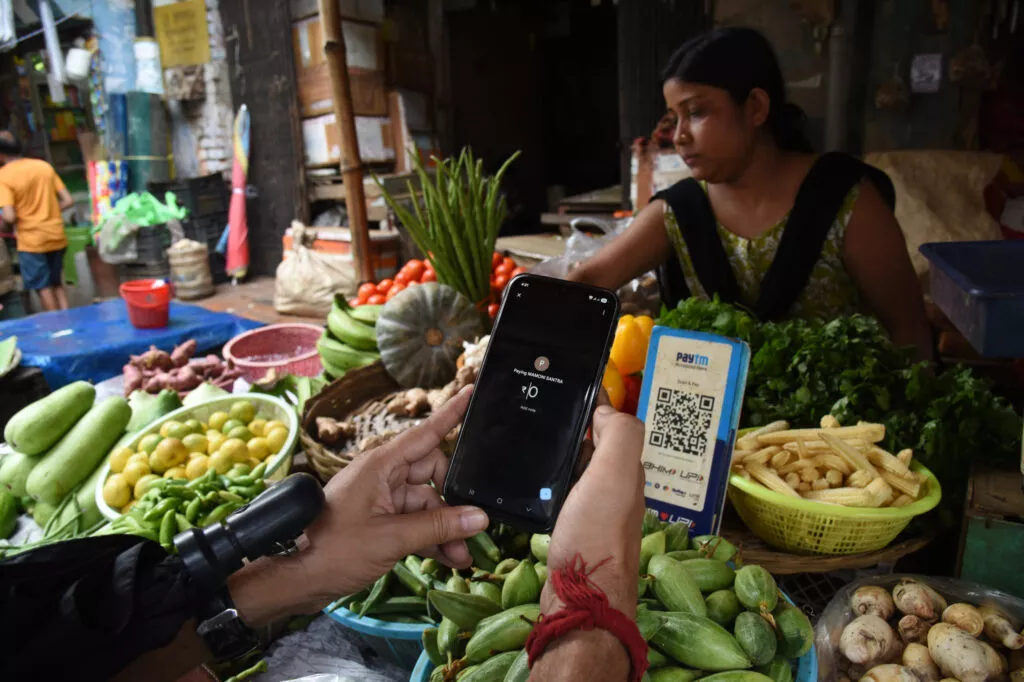Resilience and reinvention in Asia’s developing economies
Amid slowing growth, tighter financial conditions, rising debt vulnerabilities and climate disruptions, developing economies across Asia are demonstrating resilience and reinvention. The challenges are profound, but countries in the region are not standing still. They are innovating and leading with strategies to build stronger, more inclusive and sustainable financial systems.
Asia is home to some of the world’s fastest-growing and most dynamic economies. Yet within this dynamism lies significant diversity, with the region embodying the full spectrum of development challenges and opportunities.
In the pursuit of sustainable growth, many Asian economies are working to diversify growth models beyond resource extraction and low-cost manufacturing. There is a growing emphasis on productivity, digital transformation and the green transition. But structural barriers continue to constrain progress. These include limited long-term financing, incomplete regulatory frameworks and underdeveloped financial markets.
Indonesia’s 2023 Financial Sector Development and Strengthening Act represents regional best practice in addressing these gaps. It improves coordination among regulators, enhances supervision of non-bank financial institutions and prepares the financial system for future risks. Its scope includes regulatory harmonisation across financial sub-sectors, clearer supervisory mandates and mechanisms to measure financial inclusion performance.
Across Asia, the rise of non-bank financial institutions is expanding access to credit and diversifying sources of investment. But their rapid growth also requires stronger, more adaptive regulation to safeguard financial stability. International cooperation remains critical, especially in knowledge exchange, capacity building and designing agile regulatory responses. Countries cannot navigate complex financial transformations in isolation.
As monetary conditions tighten globally, Asian developing economies are enhancing fiscal buffers to manage volatility. Many are investing in foreign reserve adequacy, pursuing prudent debt strategies and embracing fiscal reforms to increase transparency and efficiency.
Alongside other Asian peers, Indonesia is advancing innovative financing models to crowd in private capital for development priorities. Instruments like green bonds, blended finance and public–private partnerships are being tailored to local contexts. Regional financial arrangements — from ASEAN+3’s Chiang Mai Initiative Multilateralization (CMIM) to the Asian Bond Markets Initiative — are gaining traction as credible tools for financial resilience. Yet while CMIM represents a step towards a stronger regional safety net, its activation process and scale remain limited, warranting caution about its ability to address large-scale crises.
The region’s growing economic weight must be matched by greater voice and representation in shaping global financial architecture, including reforms to multilateral development banks and more inclusive G20 initiatives.
Resilience also depends on financial inclusion. Asia has made remarkable strides in expanding financial access — in many countries, the share of adults with financial accounts has more than doubled over the past decade. According to the 2025 National Survey on Financial Literacy and Inclusion, Indonesia’s financial inclusion index has reached 80.5 per cent, meaning more than four in five adults now have access to financial products and services. Adult women’s financial inclusion stands at 80.3 per cent, close to men’s 80.7 per cent, signalling a narrowing gender gap.
But access alone is not enough. The region now faces the harder task of encouraging meaningful usage. This is particularly important for rural populations, informal workers and women-led enterprises. Governments should encourage industry to design products that are relevant, affordable and trusted. Developing economies must build digital ecosystems that work at the last mile, where gaps in connectivity, literacy and interoperability persist.
Indonesia’s experience in promoting a widely used interoperable QR payment system, digital cash transfers and community-based financial literacy shows how inclusion can translate into economic resilience. India’s Unified Payments Interface, the Philippines’ digital ID-linked G2P payments and Bangladesh’s mobile banking revolution also offer lessons for the region and beyond.
The G20 Global Partnership for Financial Inclusion must continue supporting these efforts through diagnostics and policy tools that focus on active and impactful usage — especially vital for micro, small and medium-sized enterprises. They remain underserved despite their central role in Asian economies.
Finally, as AI reshapes the financial landscape, Asian economies must ensure that the digital frontier is embraced responsibly. AI offers transformative potential for everything from credit scoring to fraud detection — particularly for countries seeking to expand financial inclusion quickly and at low cost. But it also raises profound questions about data governance, regulatory agility and digital equity.
The timely focus on AI in finance under South Africa’s 2025 G20 presidency is an opportunity for developing Asia to shape global norms based on regional experiences and priorities. Indonesia is supporting efforts to build responsible AI frameworks that are transparent, interoperable and inclusive. Examples include Bank Indonesia’s exploration of AI-powered fraud detection in payment systems and the Financial Services Authority’s development of AI-assisted consumer protection tools.
Asia’s developing economies are not waiting for perfect conditions. They are forging ahead, reforming systems, investing in people, and embracing innovation. But they cannot go it alone. A more equitable global financial system — one that reflects the diversity and dynamism of developing Asia — is urgently needed.
Indonesia and its Asian partners are ready to lead. The G20 must champion this transformation by supporting country-led reforms, advancing data-driven inclusion, and ensuring financial resilience is not the privilege of the few, but the foundation for all. Through strategic cooperation, sustained investment and shared vision, Asian economies can unlock a future of inclusive prosperity for the region and the world.
Chandra Kusuma is Team Leader for the G20 and OECD at the Ministry of Finance, Indonesia.
The views expressed in this article are the author’s own.
https://doi.org/10.59425/eabc.1757584800




